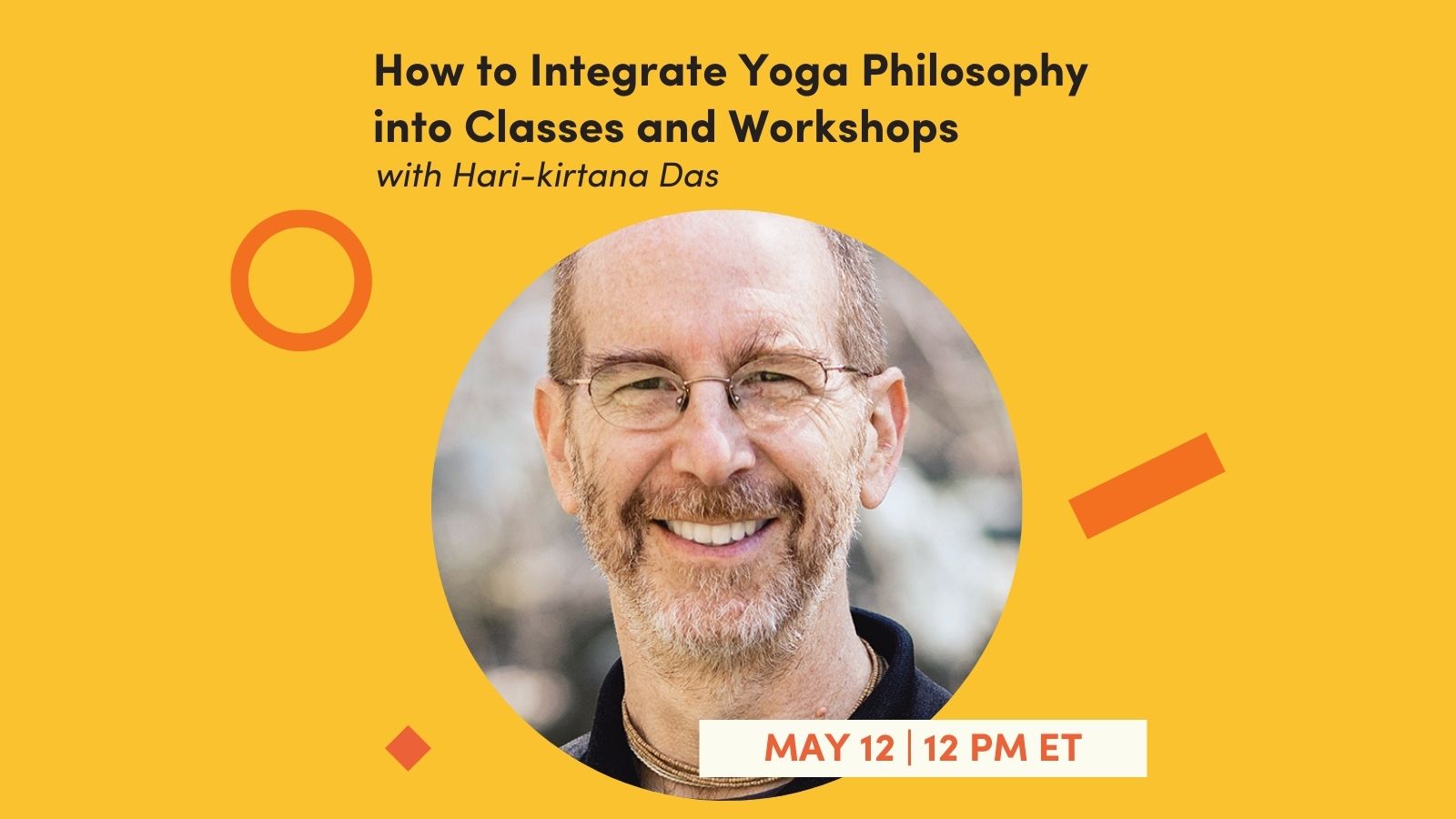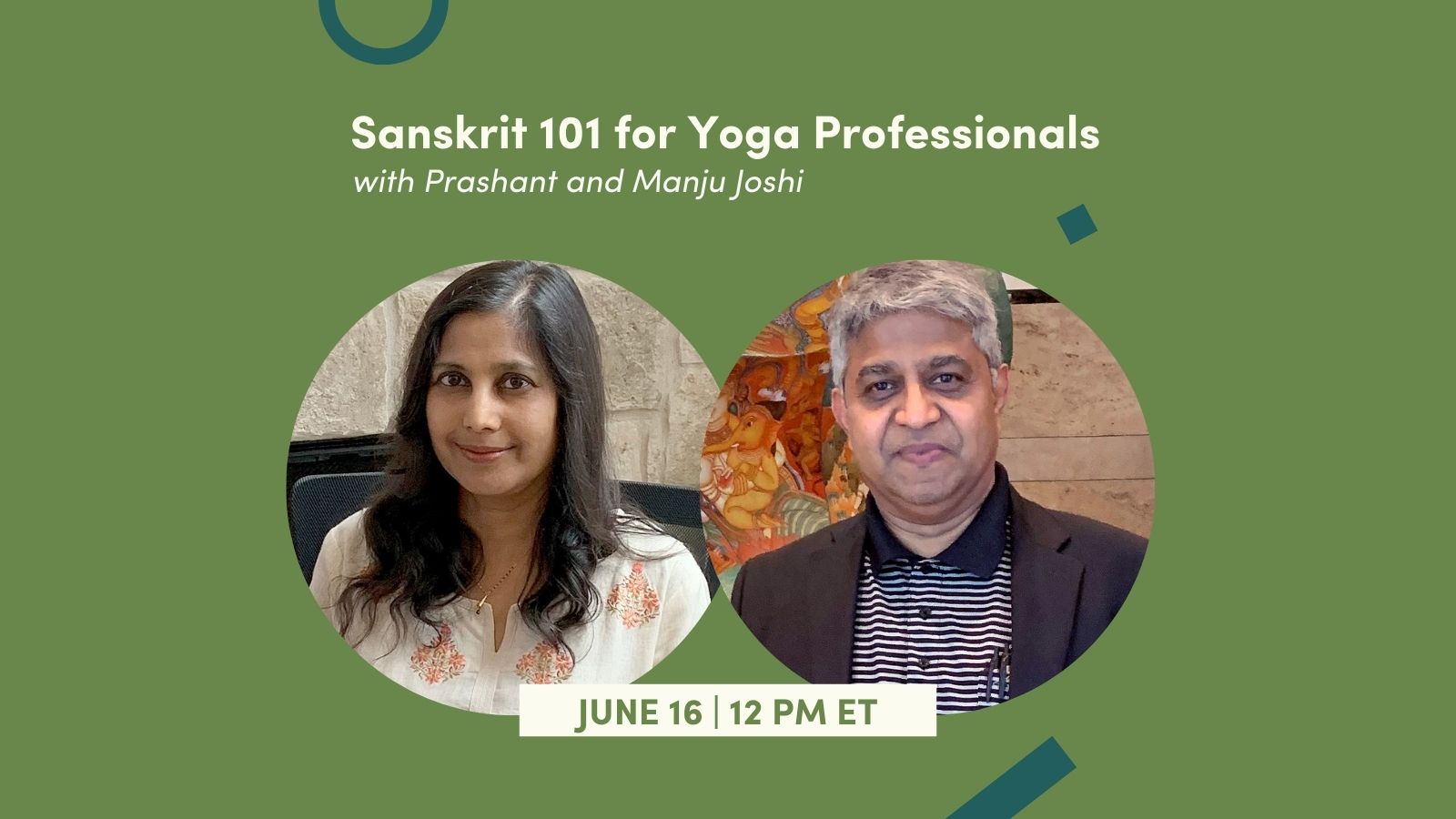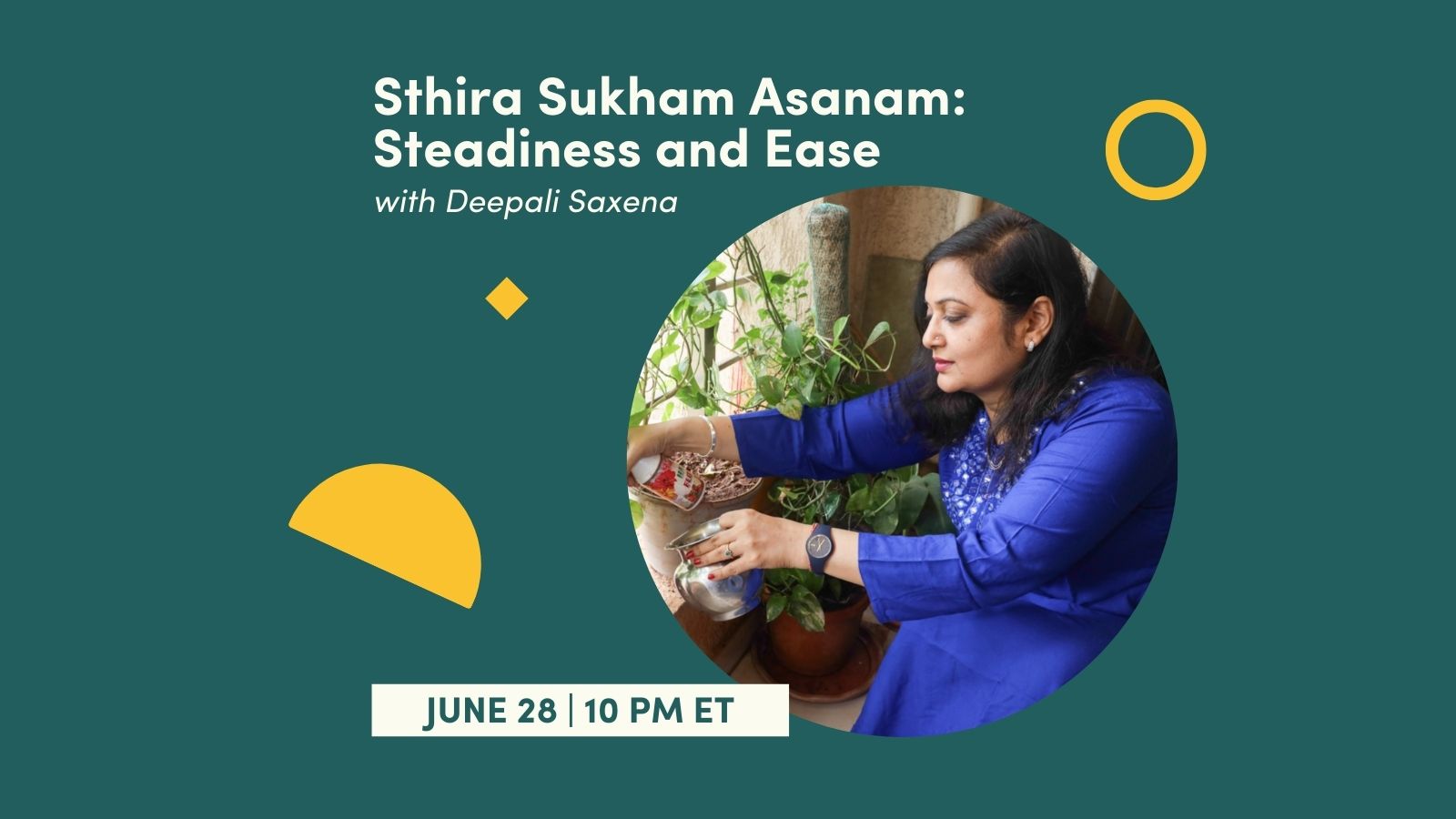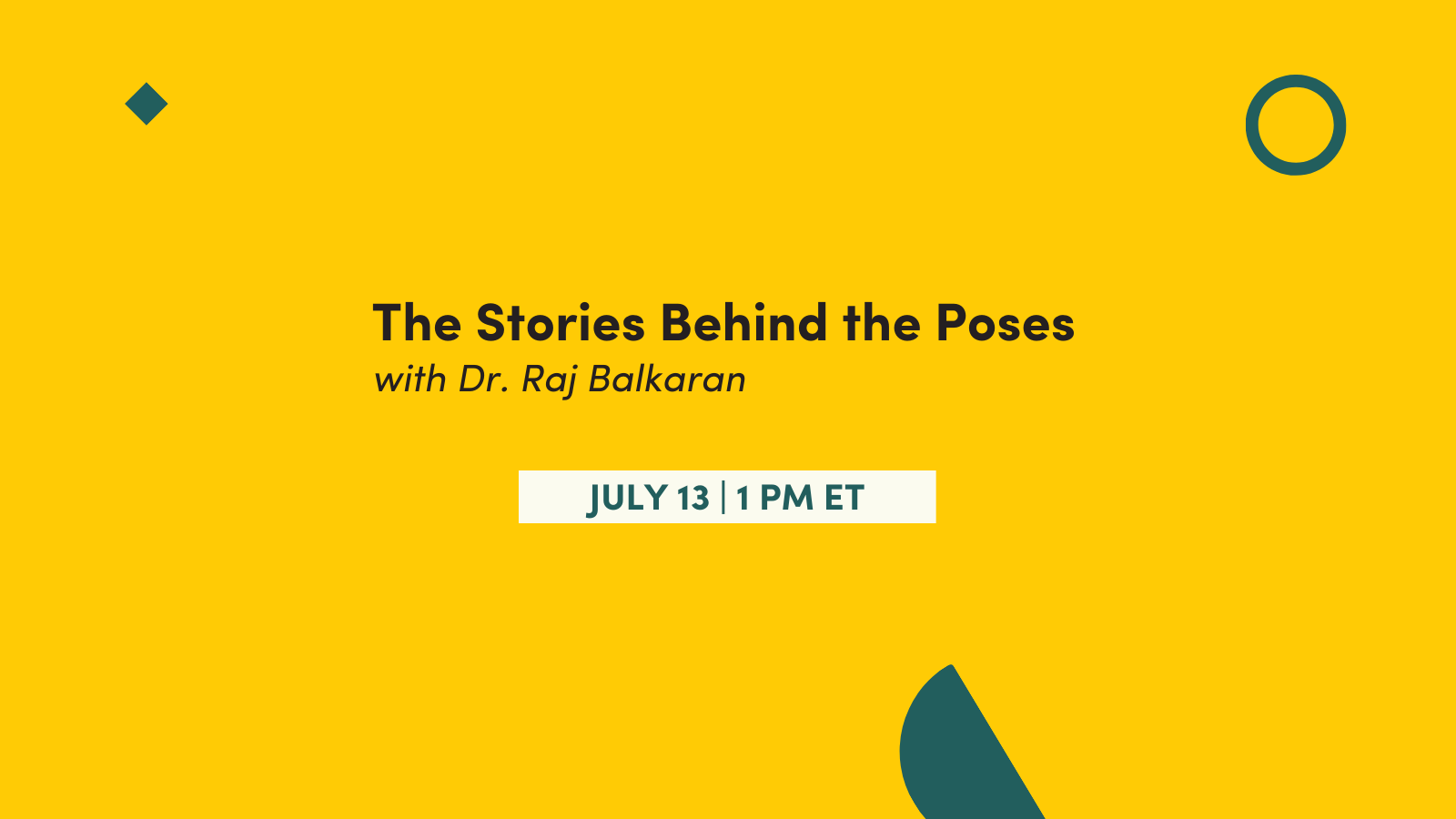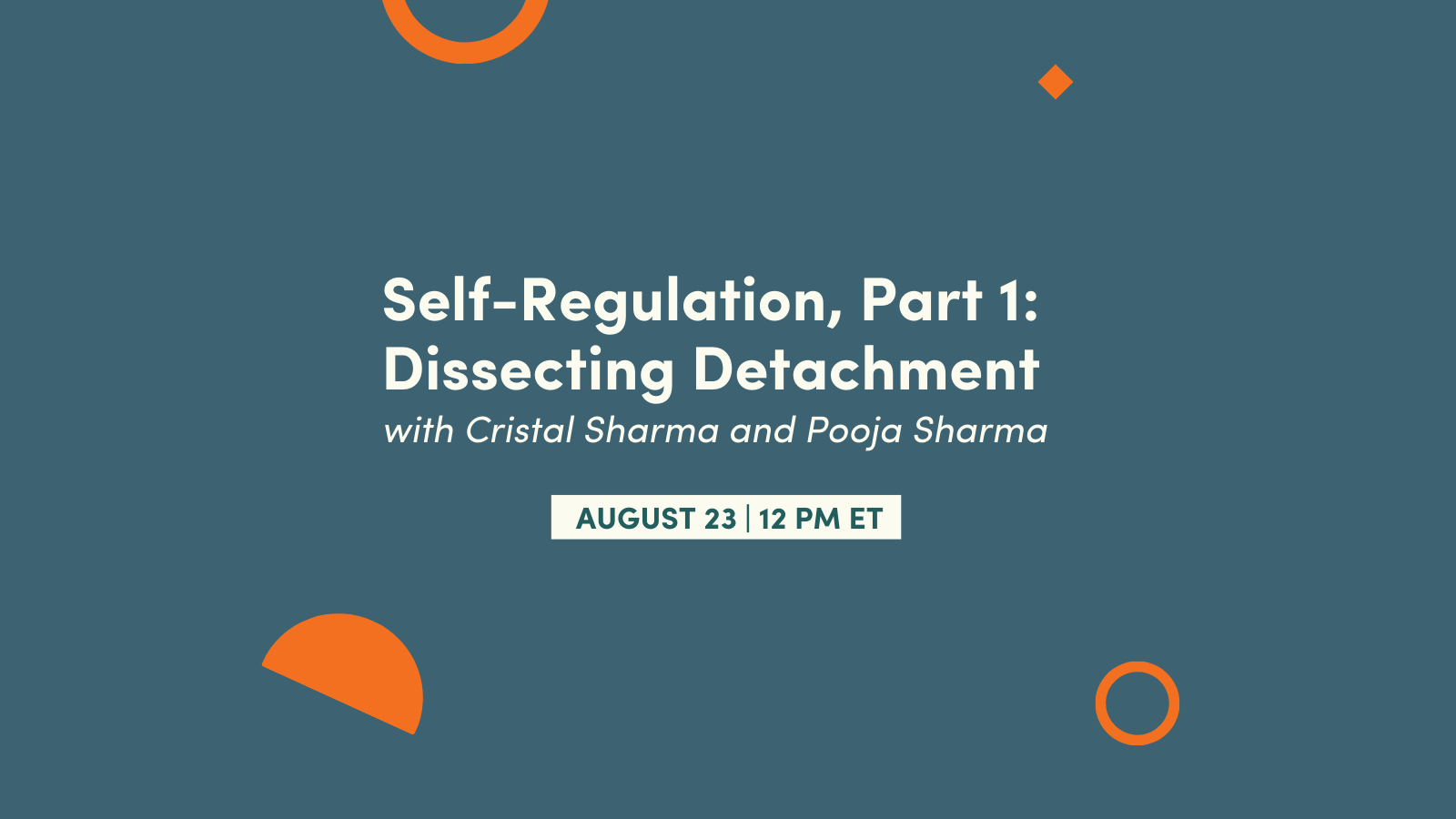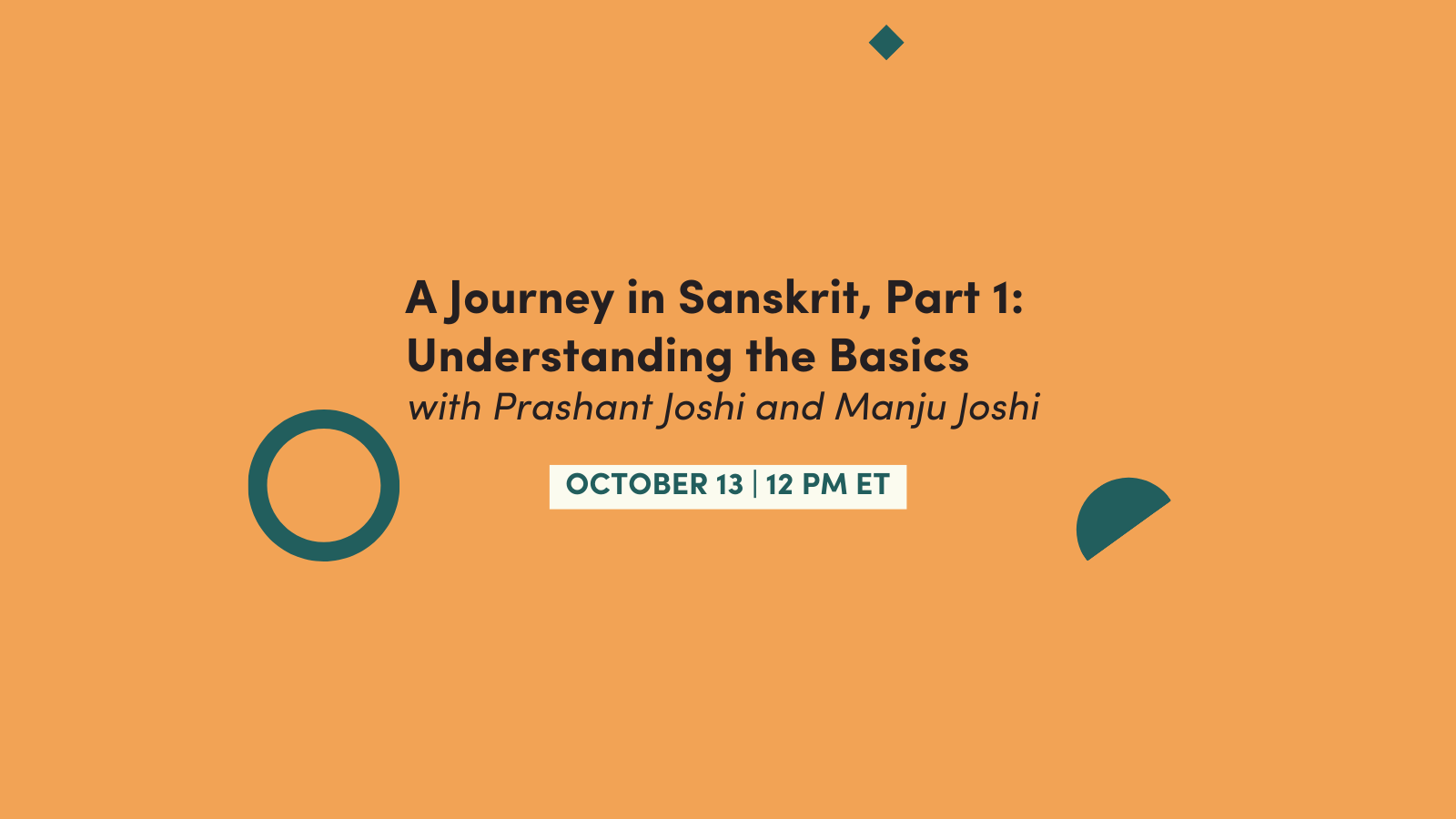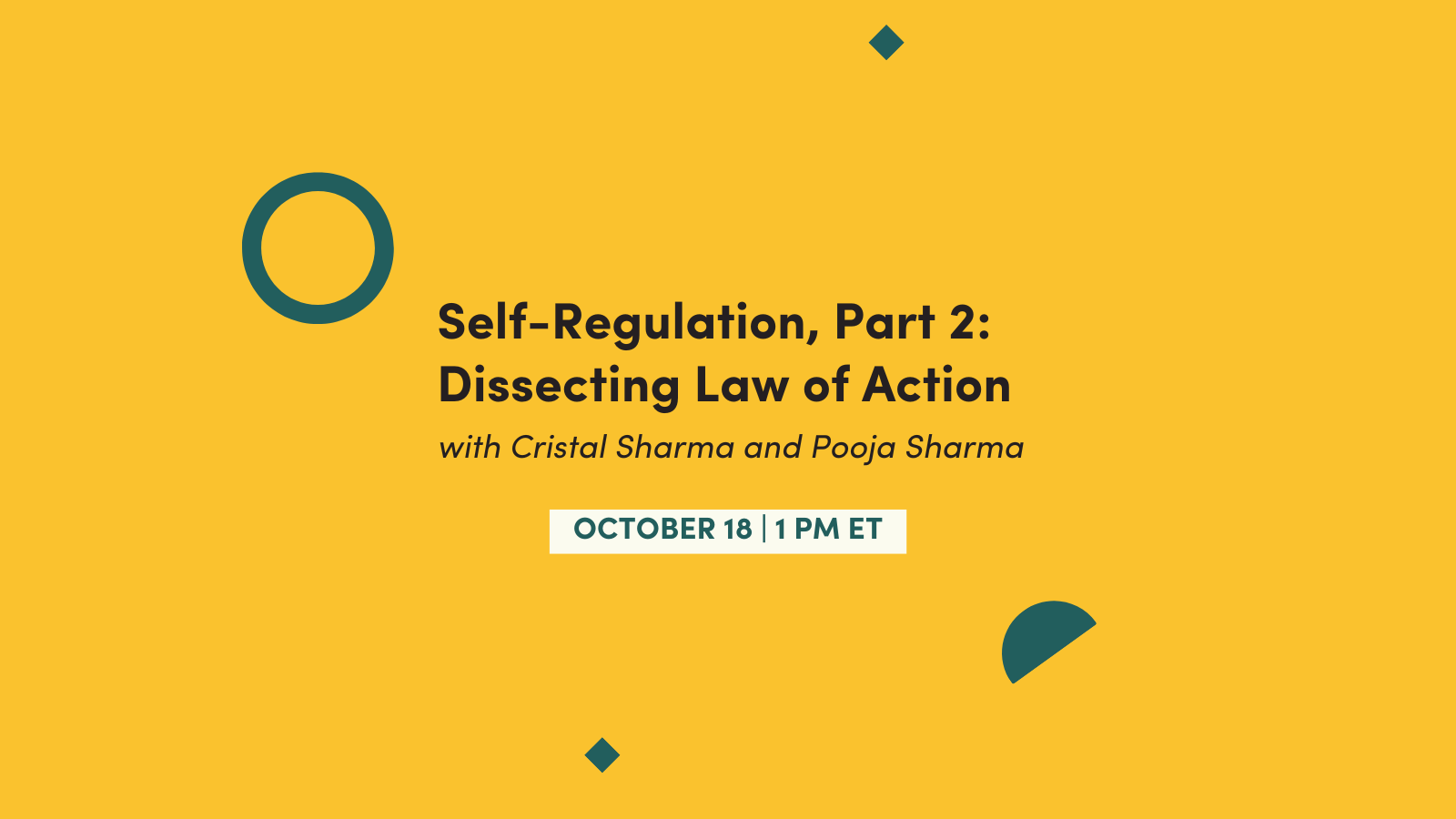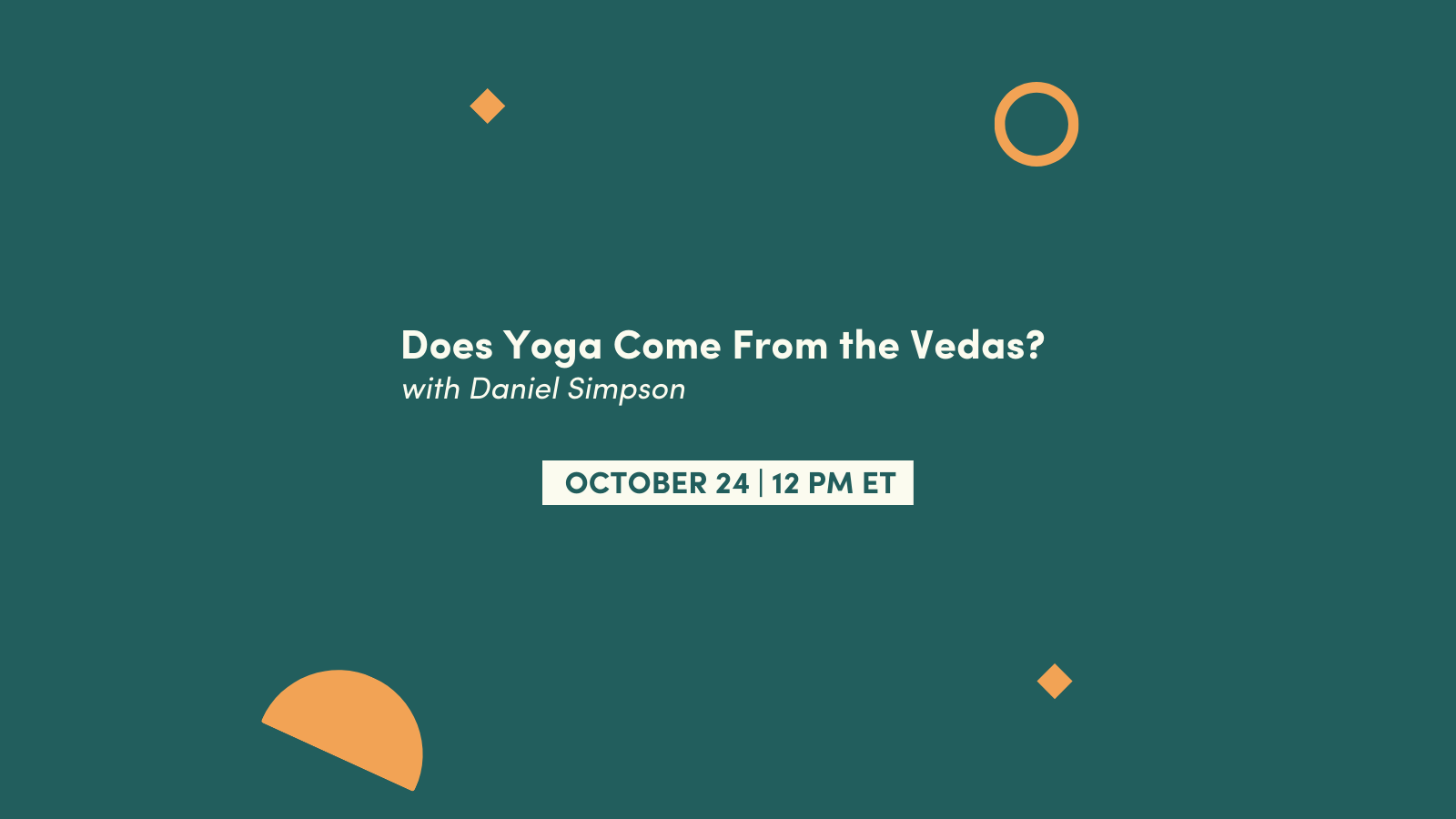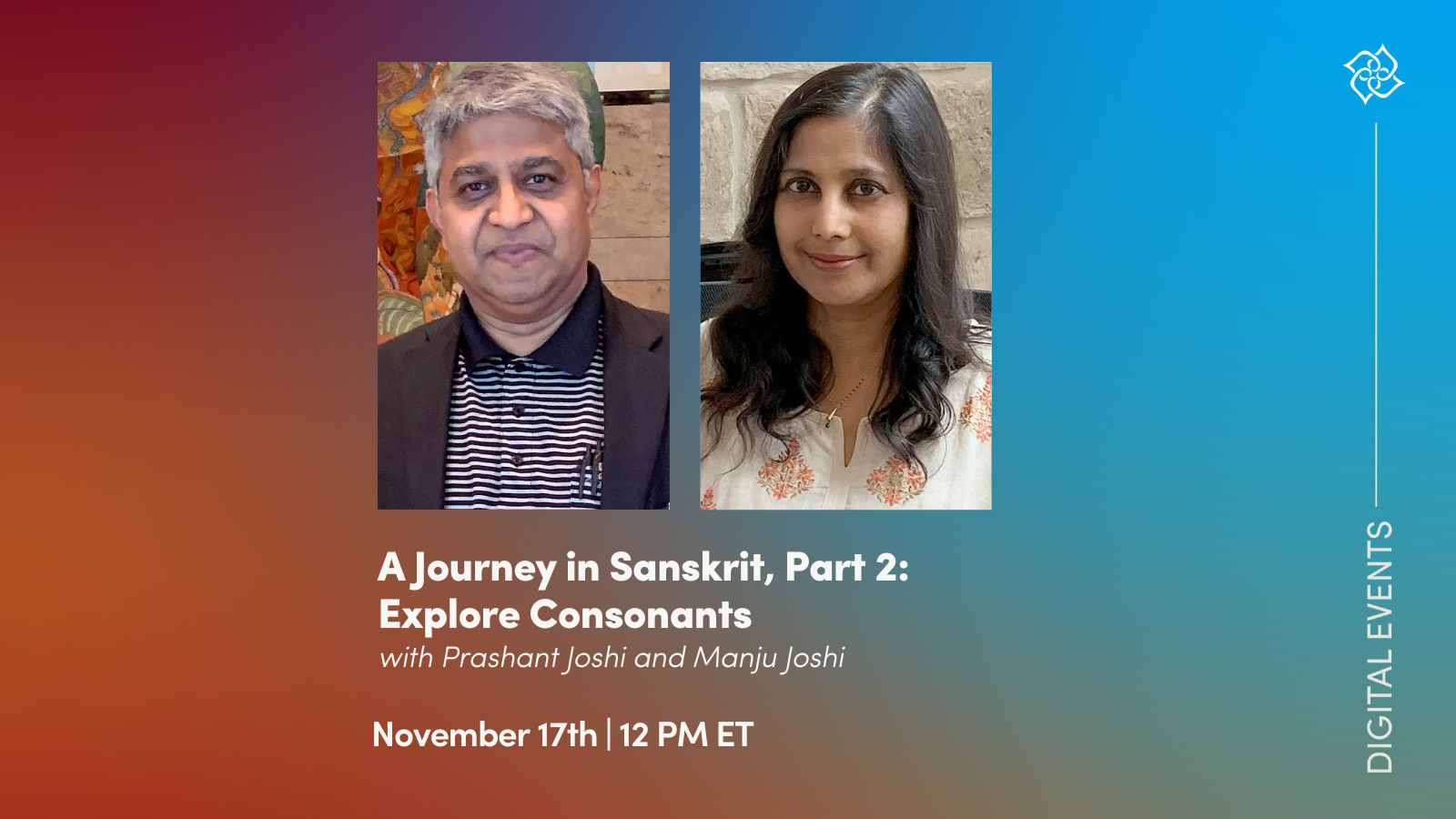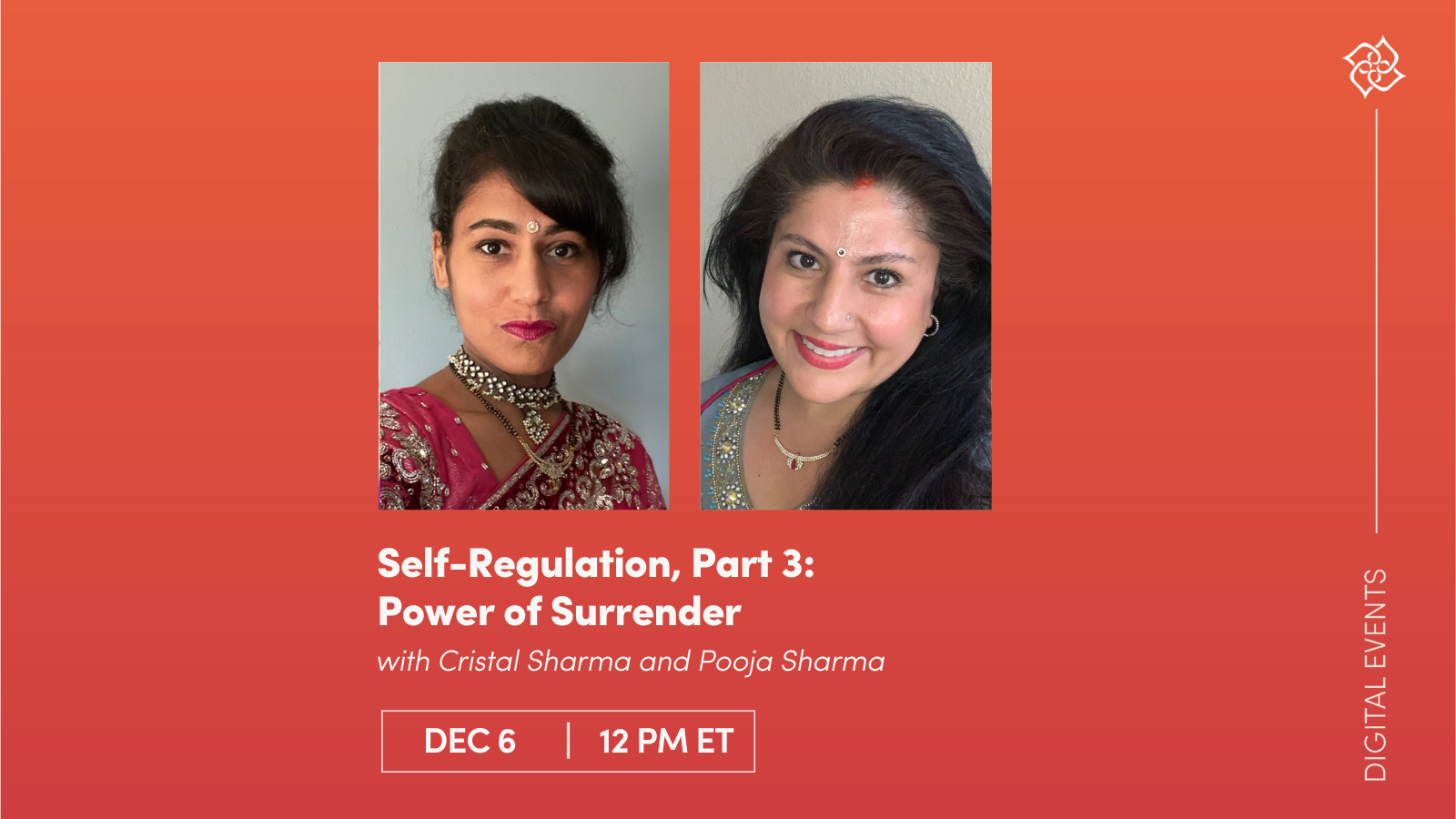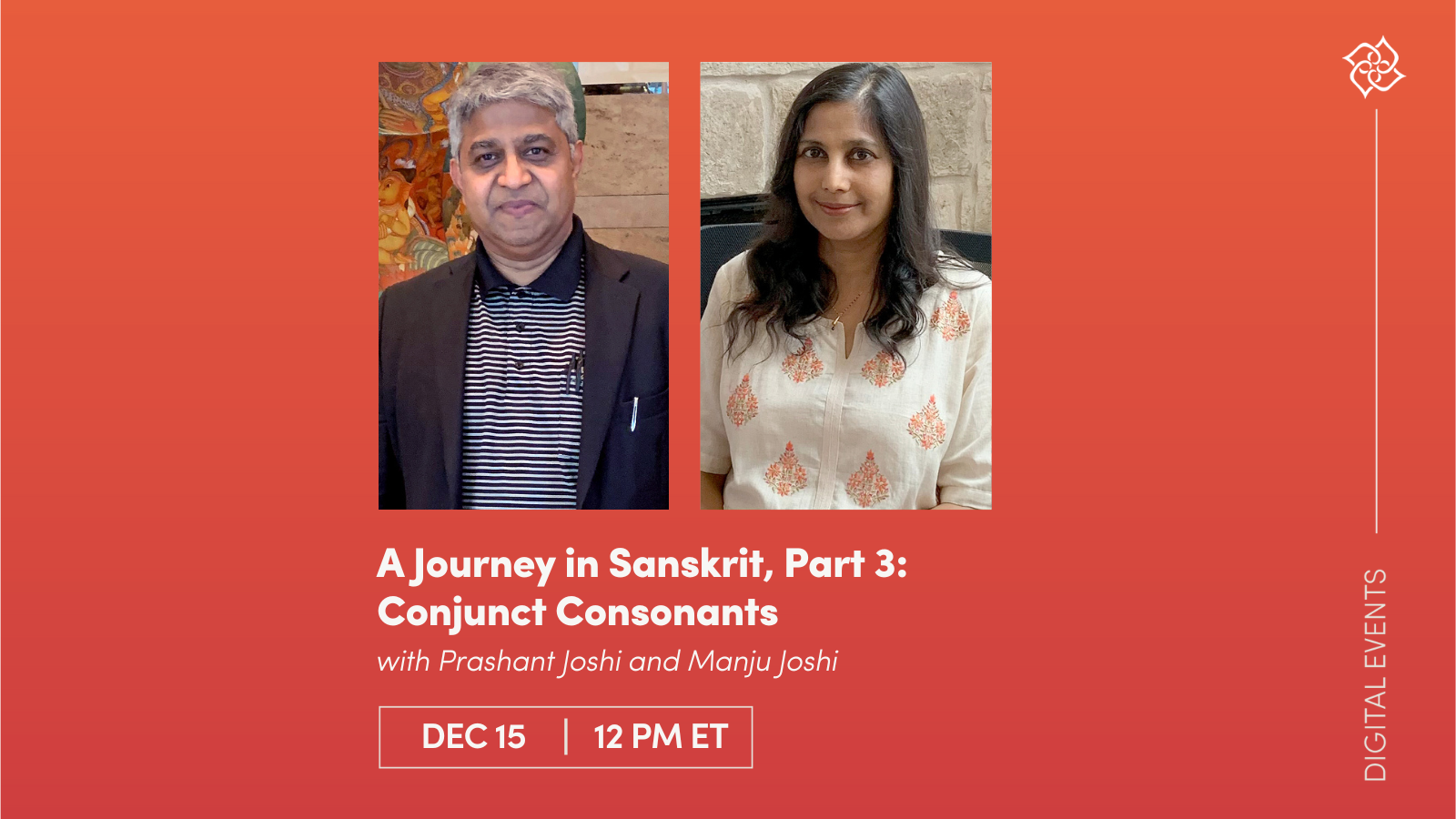CE Workshop | How to Integrate Yoga Philosophy into Classes and Workshops
One of the most challenging aspects of teaching yoga can be integrating philosophy into an asana class or workshop. The ability to introduce a theme at the start of a class and connect it to what’s happening on the mat—while simultaneously cueing poses and observing students—is a skill that often takes time and dedication to develop.
In this workshop, you'll learn:
· The value of integrating yoga philosophy into your classes
· How to introduce philosophical themes and connect them to poses and meditation
· Why you don't need to be a scholar to teach yoga philosophy
· How to introduce philosophical themes and connect them to poses and meditation
· Why you don't need to be a scholar to teach yoga philosophy

